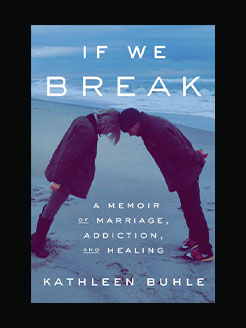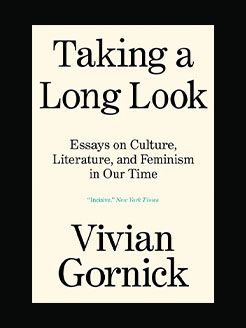Published in 2006
558 pages
Naomi Klein is an award-winning journalist, syndicated columnist, documentary filmmaker and author of the international bestsellers No Logo: Taking Aim at the Brand Bullies, The Shock Doctrine: The Rise of Disaster Capitalism and This Changes Everything: Capitalism vs. the Climate. She is a senior correspondent for The Intercept and her writing appears widely in such publications as The New York Times, Le Monde, The Guardian and The Nation, where she is a contributing editor. Klein is a member of the board of directors for climate-action group 350.org and one of the organizers behind Canada’s Leap Manifesto. In November 2016 she was awarded Australia’s prestigious Sydney Peace Prize for, according to the prize jury, “inspiring us to stand up locally, nationally and internationally to demand a new agenda for sharing the planet that respects human rights and equality.” Her books have been translated into more than thirty languages.
What is this book about?
In her ground-breaking reporting from Iraq, Naomi Klein exposed how the trauma of invasion was being exploited to remake the country in the interest of foreign corporations. She called it “disaster capitalism.” Covering Sri Lanka in the wake of the tsunami, and New Orleans post-Katrina, she witnessed something remarkably similar. People still reeling from catastrophe were being hit again, this time with economic “shock treatment” losing their land and homes to rapid-fire corporate makeovers. The Shock Doctrine retells the story of the most dominant ideology of our time, Milton Friedman’s free market economic revolution. In contrast to the popular myth of this movement’s peaceful global victory, Klein shows how it has exploited moments of shock and extreme violence in order to implement its economic policies in so many parts of the world from Latin America and Eastern Europe to South Africa, Russia, and Iraq. At the core of disaster capitalism is the use of cataclysmic events to advance radical privatization combined with the privatization of the disaster response itself. By capitalizing on crises, created by nature or war, Klein argues that the disaster capitalism complex now exists as a booming new economy, and is the violent culmination of a radical economic project that has been incubating for fifty years.







